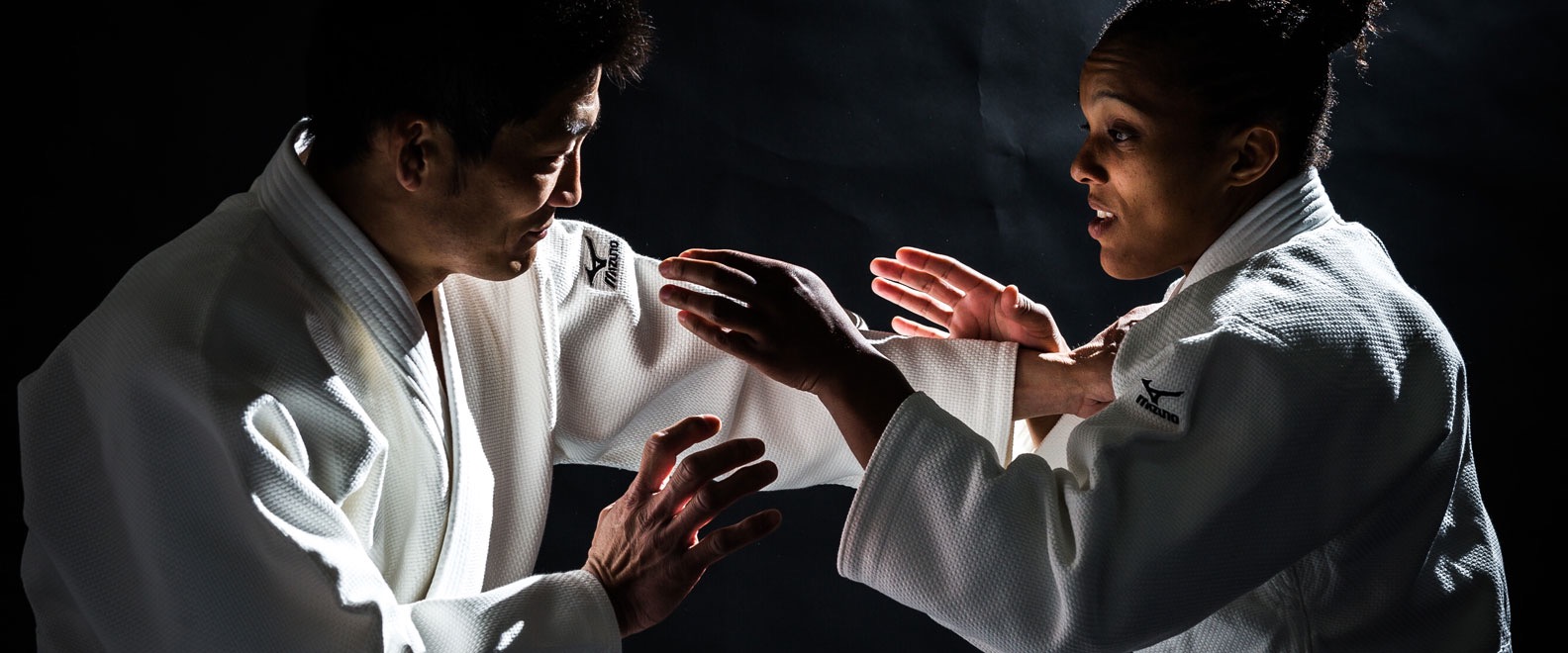I. Introduction

A. Overview of self-defense as a legal concept
Self-defense is a fundamental legal concept that allows individuals to protect themselves or others from harm. It is a delicate balance between the right to preserve one’s life and the potential legal consequences that may arise from using force, especially in cases where it results in the death of another person. Understanding the legal implications, including the duration of imprisonment, is crucial for individuals who find themselves in situations where self-defense becomes necessary.
B. The delicate balance between protecting oneself and facing legal consequences
Navigating the boundaries between self-preservation and the legal consequences of taking another person’s life is intricate and complex. It involves careful consideration of applicable laws, the circumstances surrounding the threat, and the legal interpretation of self-defense. Striking the balance between safeguarding one’s well-being and accountability within the justice system is vital.
C. The significance of understanding the duration of imprisonment for killing someone in self-defense
When engaging in self-defense that leads to the death of another person, understanding the potential duration of imprisonment is crucial. It allows individuals to comprehend the potential legal repercussions they may face and make informed decisions regarding their personal safety and legal actions.
II. Understanding Self-Defense Laws
A. Defining self-defense and its legal principles
Self-defense is generally defined as the lawful use of force to protect oneself or others from imminent harm. It is an inherent right recognized by law in many jurisdictions, with specific legal principles and requirements that must be met for a claim of self-defense to be valid.
B. Examining the conditions for justifiable use of force

For self-defense to be justifiable, certain conditions must typically be established. These conditions may include:
- Imminent threat of death or serious bodily harm: The use of force must be necessary to prevent immediate harm or risk of death or serious injury.
- Reasonable belief of the necessity for self-defense: The individual must have a genuine and reasonable belief that the use of force is necessary to protect themselves or others from harm.
C. Variations in self-defense laws across jurisdictions and countries
Self-defense laws can vary significantly from jurisdiction to jurisdiction and even among different countries. The legal interpretation, requirements, and standards for self-defense may differ, leading to variations in the potential duration of imprisonment and overall legal outcomes.
III. Legal Consequences for Killing Someone in Self-Defense
A. Factors influencing legal outcomes
Several factors can influence the legal outcomes in cases where self-defense results in the death of another person. These factors may include:
- Adherence to self-defense laws and requirements: The individual’s actions must align with the legal principles and requirements of self-defense in their jurisdiction.
- Discretion of law enforcement and prosecutors: The interpretation and assessment of the case by law enforcement and prosecutors will play a significant role in determining the legal consequences faced by the individual.
B. Duration of imprisonment in self-defense cases
The duration of imprisonment in self-defense cases can vary depending on the circumstances and legal outcomes. Possible outcomes may include:
- Self-defense claims resulting in acquittal or exoneration: If the claim of self-defense is deemed valid and the individual’s actions were justified, they may be acquitted or found not guilty, resulting in no imprisonment.
- Self-defense claims resulting in reduced charges or sentencing: In some cases, the individual may be found guilty but receive reduced charges or sentencing if the court determines that their actions were partially or completely justified in self-defense.
- Exceptions and circumstances that may lead to longer prison terms: Certain exceptions or aggravating factors, such as prior criminal history, excessive use of force, or specific circumstances surrounding the incident, may lead to longer prison terms even if the act was deemed self-defense.
IV. Case Studies and Precedents
A. Notable self-defense cases and their legal outcomes
- High-profile cases and media influence on sentencing
In this section, we will explore notable self-defense cases that have garnered significant media attention. These cases often attract public scrutiny and can have an impact on the sentencing of individuals claiming self-defense. We will examine how media coverage and public perception may influence legal outcomes in such instances.
- The influence of race, gender, and socioeconomic factors
The influence of race, gender, and socioeconomic factors on the legal outcomes of self-defense cases is a critical issue to consider. Research has shown that individuals belonging to marginalized communities may face different outcomes when claiming self-defense. We will examine cases that highlight the disparities in sentencing based on these factors and discuss the implications for the duration of imprisonment.
B. Examining specific jurisdictional differences in penalties

Jurisdiction plays a significant role in determining the penalties for self-defense cases. Different legal systems may have varying approaches to self-defense and impose different penalties for the use of deadly force. We will explore various jurisdictions and their specific laws to understand how penalties may differ, considering factors such as state laws in the United States or international legal frameworks.
V. Legal Defenses and Strategies
A. Engaging legal representation for self-defense cases
Engaging competent legal representation is crucial in self-defense cases. We will discuss the importance of securing qualified attorneys who specialize in self-defense cases. These attorneys can ensure the proper defense and presentation of evidence to support the claim of self-defense.
- Ensuring proper defense and presentation of evidence
Effective legal representation ensures that the defense presents a strong case by gathering and presenting evidence that supports the claim of self-defense. We will explore the key elements required to build a robust defense and the role of competent attorneys in achieving this objective.
- Crafting an effective legal strategy to support the claim
Crafting an effective legal strategy is essential in self-defense cases. Attorneys specializing in self-defense will develop strategies that align with the specific circumstances of the case. We will discuss various legal strategies that may be employed to support the claim of self-defense and ultimately influence the duration of imprisonment.
B. Demonstrating the necessity and reasonableness of self-defense

Demonstrating the necessity and reasonableness of self-defense is crucial in self-defense cases. Attorneys must present a compelling argument that the use of force was justified based on the circumstances faced by the defendant at the time of the incident. We will explore the legal principles and strategies employed to establish the necessity and reasonableness of self-defense.
VI. Impact of Mitigating Factors
A. The significance of mitigating factors in self-defense cases
Mitigating factors can play a significant role in self-defense cases, potentially leading to reduced charges or lesser sentences. We will discuss the importance of mitigating factors such as provocation or fear of imminent harm and the impact they may have on the sentencing and duration of imprisonment.
- Provocation or fear of imminent harm
Provocation or fear of imminent harm can be mitigating factors in a self-defense case. We will examine how these factors are evaluated by the courts and their potential influence on the duration of imprisonment.
- Lack of criminal intent or prior criminal records
The presence of a lack of criminal intent or prior criminal records may also be considered as mitigating factors in self-defense cases. We will explore how these factors can influence sentencing and potentially result in reduced prison terms.
B. Influence on sentencing and possible reduction of imprisonment duration
Mitigating factors can significantly impact the outcome of self-defense cases. They may lead to reduced charges or sentences, ultimately affecting the duration of imprisonment. By understanding the significance of these factors, individuals claiming self-defense can better navigate the legal system and seek a fairer resolution.
VII. Conclusion
In conclusion, understanding the legal outcomes and duration of imprisonment in self-defense cases requires an examination of case studies, jurisdictional differences, legal defenses and strategies, and the impact of mitigating factors. Notable cases and media influence, coupled with the influence of race, gender, and socioeconomic factors, can shed light on the complexities of legal outcomes. Engaging competent legal representation, crafting effective legal strategies, and demonstrating the necessity and reasonableness of self-defense are vital in seeking a favorable outcome. The presence of mitigating factors can significantly influence sentencing and potentially reduce the duration of imprisonment. By exploring these factors and understanding their influence, individuals can navigate the legal system effectively and seek a fair resolution in self-defense cases.



